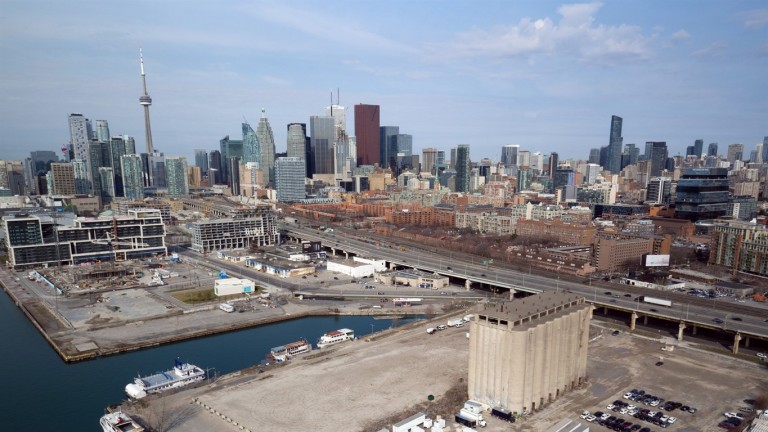Sidewalk Labs, a subsidiary of Alphabet, has released its first blueprints for redeveloping Toronto’s waterfront. The plan highlights the privacy challenges that come with building smart cities capable of tracking their inhabitants in unprecedented detail.
A smarter smart city: Sidewalk was spun out of Alphabet on the promise of rebooting the smart-city concept through community engagement and understanding of local technology needs. The company won a bid to redevelop 800 acres of Toronto’s waterfront in October 2018, and it says it’s spent the past 18 months consulting with Toronto’s citizens and companies.
Planning permission: Amid a growing skepticism toward Silicon Valley, citizen groups questioned Sidewalk’s business objectives, and civil liberties advocates have worried about the privacy implications. In April, the Canadian Civil Liberties Association sued the city of Toronto in an effort to block the project.
Privacy plan: Sidewalk released a proposed data governance plan late last year. It states that data gathered through the project will be kept by an independent “civic data trust” and will not be sold, used for advertising, or shared without people’s permission.
Tomorrow-land: Sidewalk’s new Master Innovation & Development Plan (MIDP) for Toronto, released today, shows that the company’s ambitions remain largely the same. The plan promises ubiquitous high-speed internet; intelligent traffic lights and curbs; smart awnings in public spaces; underground delivery robots; wooden homes; and a thermal energy grid.
Climate changes: Sidewalk’s plan includes a range of provisions aimed at making city living less energy intensive. These include low-energy buildings that rely on clean sources, a smart thermal energy grid, and an environment optimized for cycling.
Data-driven: All of Sidewalk’s smart systems will, of course, still generate copious quantities of data that can be used to optimize and improve services. But Sidewalk promises it will also implement “the strongest governance regime for urban data in the world.” The question for Torontonians—and for inhabitants of other smart cities—is whether the promised improvements are worth the privacy risks.

